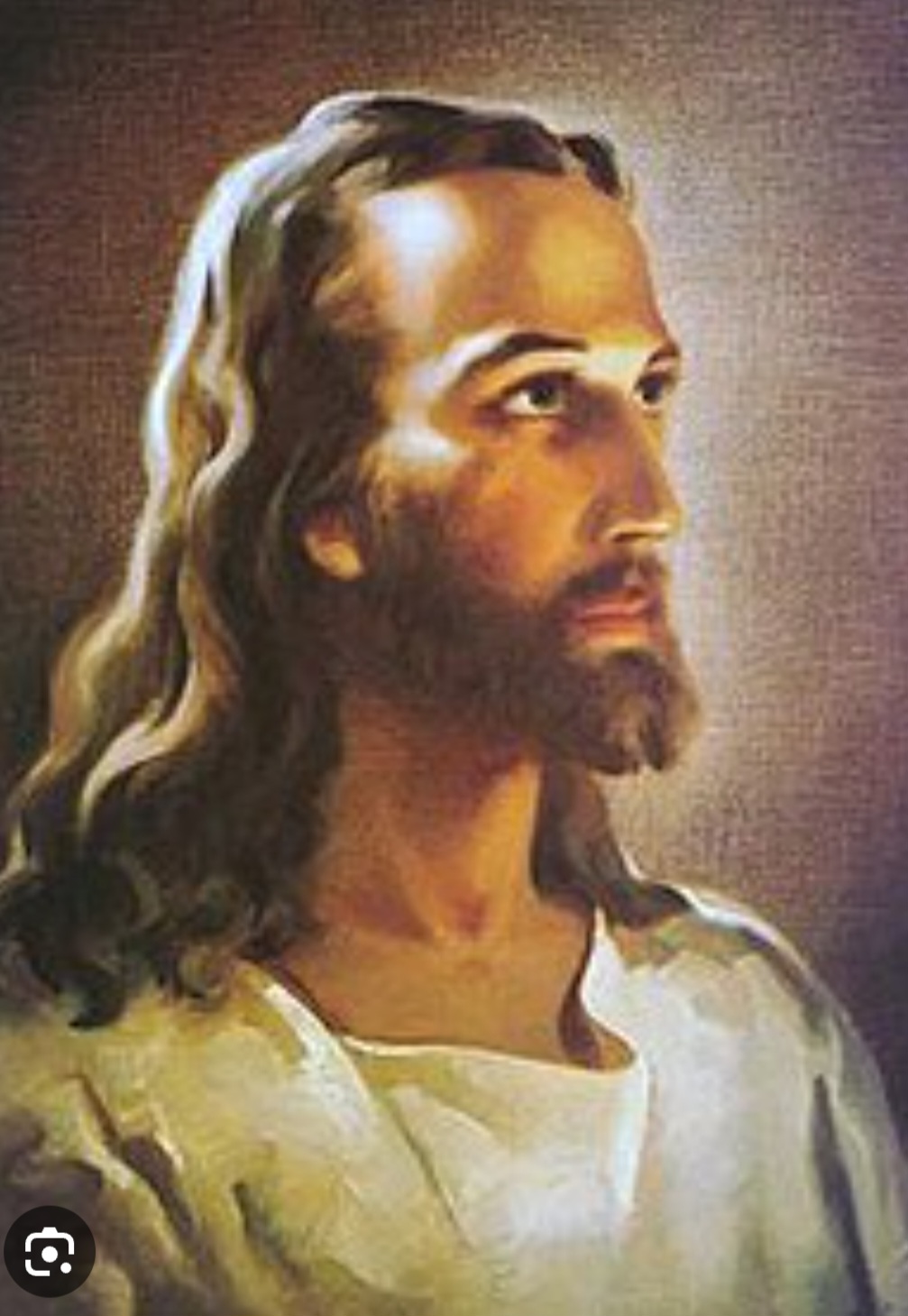DESCRIPTION OF JESUS: WHAT DID JESUS LOOK LIKE?
Throughout history, the physical appearance of Jesus has been a topic of great curiosity and speculation. Although there is no definitive description of Jesus in the Gospels or New Testament letters, early Christian images and writings provide some insights into how he may have been perceived by his contemporaries.
Early portrayals of Jesus can be divided into two general types: the beautiful, youthful, long-haired Jesus and the older, bearded Jesus. These depictions can be found in early Christian art, such as paintings on catacomb walls, relief carvings on sarcophagi, and mosaic tiles. However, it is important to note that these artistic representations were influenced by various cultural and artistic traditions, and may not necessarily reflect an accurate portrayal of Jesus’ physical appearance.
Early church fathers, such as Justin Martyr and Origen, interpreted biblical passages to suggest that Jesus was both unattractive and the “most handsome of men.” For instance, Isaiah 53 describes Jesus as lacking form, glory, and beauty, while Psalm 45 portrays God as being exceedingly handsome. These contrasting interpretations highlight the diversity of opinions regarding Jesus’ physical appearance among early Christian theologians.
St. Augustine emphasized that everyone has a different mental image of Jesus, and that the specific physical details are not relevant to salvation. He emphasized the importance of viewing Jesus as a human being, rather than focusing on his physical features. Bishop Cyril of Jerusalem acknowledged the multi-faceted nature of Jesus, adapting himself to various forms based on individual needs, such as a vine, a door, or a mediating high priest.
It is worth noting a shift in depictions of Jesus after Christianity came under the protection of the Roman Emperor Constantine in the 4th century. During this time, images of Christ predominantly portrayed him as a bearded figure. This change could be related to the newfound safety in showcasing relics like the Mandylion (potentially the Shroud of Turin) and Veronica’s veil, which were believed to possess miraculous images of Jesus.
One of the few existing descriptions of Jesus’ physical appearance comes from a copy of a letter attributed to the Roman consul Lentulus, addressed to Emperor Tiberius. While scholars are divided on its authenticity, Lentulus’ letter describes Jesus of Nazareth as having a noble and lively face, fair, slightly wavy hair, intense blue eyes, a straight nose, and a moderately long, almost blonde beard. The description also highlights Jesus’ wise and gentle expression, and well-proportioned physique. It is noteworthy that Tiberius allegedly considered declaring Jesus a “god” due to his belief in the resurrection, although the Roman Senate did not approve this move.
Another source that has intrigued researchers is the Shroud of Turin, believed by some to be the burial cloth of Jesus. Professor Giovanni Judica-Cordiglia, a Shroud of Turin scholar, analyzed the face on the shroud and concluded that Jesus had a soft, gentle face with a slightly long and broad forehead, straight nose, protruding cheeks, and intense blue eyes. Judica-Cordiglia also suggested that Jesus exhibited physical characteristics suggesting exceptional intellectual abilities.
While these sources offer descriptions and interpretations of Jesus’ physical appearance, it is important to approach them with caution, recognizing the influence of cultural, artistic, and theological factors. Ultimately, the physical appearance of Jesus holds less significance in the context of faith and salvation than his teachings and the profound impact of his life and teachings on humanity.
Discover more from Fathers Heart Ministry
Subscribe to get the latest posts sent to your email.

